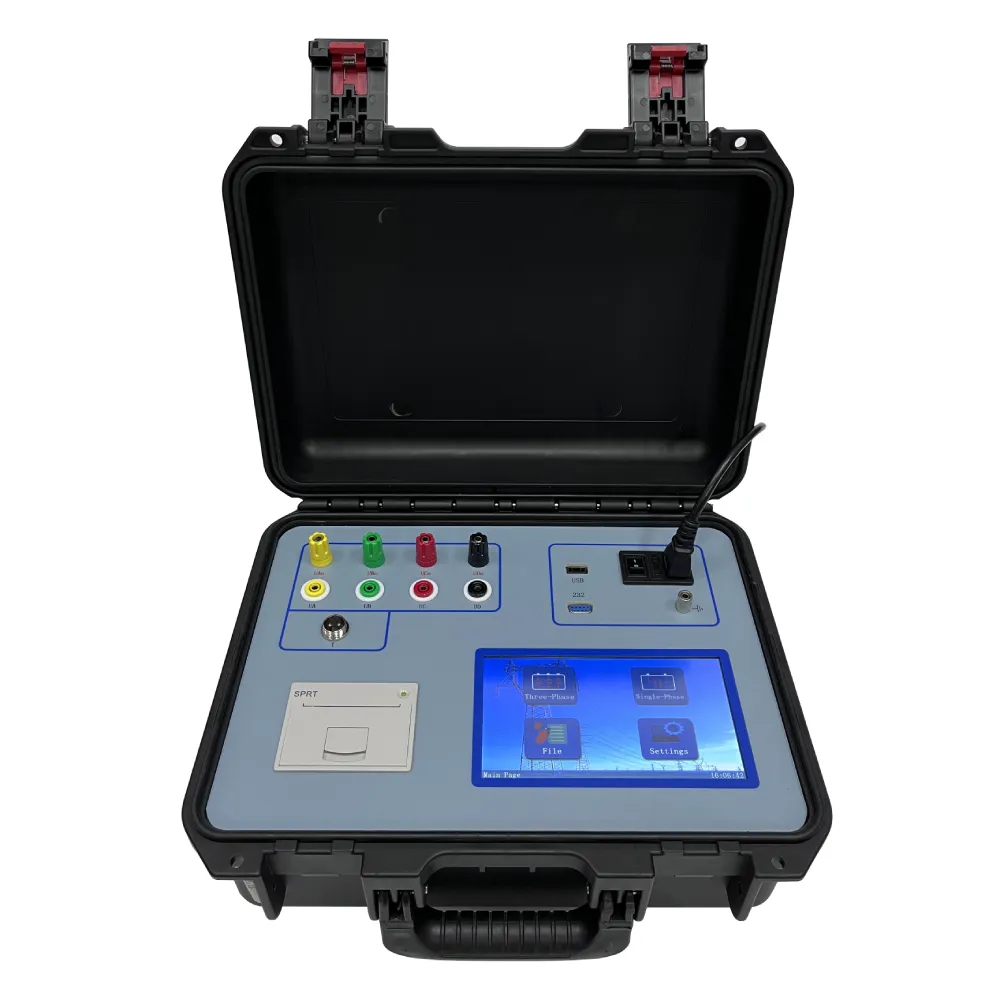 English
English



-
 Afrikaans
Afrikaans -
 Albanian
Albanian -
 Amharic
Amharic -
 Arabic
Arabic -
 Armenian
Armenian -
 Azerbaijani
Azerbaijani -
 Basque
Basque -
 Belarusian
Belarusian -
 Bengali
Bengali -
 Bosnian
Bosnian -
 Bulgarian
Bulgarian -
 Catalan
Catalan -
 Cebuano
Cebuano -
 China
China -
 China (Taiwan)
China (Taiwan) -
 Corsican
Corsican -
 Croatian
Croatian -
 Czech
Czech -
 Danish
Danish -
 Dutch
Dutch -
 English
English -
 Esperanto
Esperanto -
 Estonian
Estonian -
 Finnish
Finnish -
 French
French -
 Frisian
Frisian -
 Galician
Galician -
 Georgian
Georgian -
 German
German -
 Greek
Greek -
 Gujarati
Gujarati -
 Haitian Creole
Haitian Creole -
 hausa
hausa -
 hawaiian
hawaiian -
 Hebrew
Hebrew -
 Hindi
Hindi -
 Miao
Miao -
 Hungarian
Hungarian -
 Icelandic
Icelandic -
 igbo
igbo -
 Indonesian
Indonesian -
 irish
irish -
 Italian
Italian -
 Japanese
Japanese -
 Javanese
Javanese -
 Kannada
Kannada -
 kazakh
kazakh -
 Khmer
Khmer -
 Rwandese
Rwandese -
 Korean
Korean -
 Kurdish
Kurdish -
 Kyrgyz
Kyrgyz -
 Lao
Lao -
 Latin
Latin -
 Latvian
Latvian -
 Lithuanian
Lithuanian -
 Luxembourgish
Luxembourgish -
 Macedonian
Macedonian -
 Malgashi
Malgashi -
 Malay
Malay -
 Malayalam
Malayalam -
 Maltese
Maltese -
 Maori
Maori -
 Marathi
Marathi -
 Mongolian
Mongolian -
 Myanmar
Myanmar -
 Nepali
Nepali -
 Norwegian
Norwegian -
 Norwegian
Norwegian -
 Occitan
Occitan -
 Pashto
Pashto -
 Persian
Persian -
 Polish
Polish -
 Portuguese
Portuguese -
 Punjabi
Punjabi -
 Romanian
Romanian -
 Russian
Russian -
 Samoan
Samoan -
 Scottish Gaelic
Scottish Gaelic -
 Serbian
Serbian -
 Sesotho
Sesotho -
 Shona
Shona -
 Sindhi
Sindhi -
 Sinhala
Sinhala -
 Slovak
Slovak -
 Slovenian
Slovenian -
 Somali
Somali -
 Spanish
Spanish -
 Sundanese
Sundanese -
 Swahili
Swahili -
 Swedish
Swedish -
 Tagalog
Tagalog -
 Tajik
Tajik -
 Tamil
Tamil -
 Tatar
Tatar -
 Telugu
Telugu -
 Thai
Thai -
 Turkish
Turkish -
 Turkmen
Turkmen -
 Ukrainian
Ukrainian -
 Urdu
Urdu -
 Uighur
Uighur -
 Uzbek
Uzbek -
 Vietnamese
Vietnamese -
 Welsh
Welsh -
 Bantu
Bantu -
 Yiddish
Yiddish -
 Yoruba
Yoruba -
 Zulu
Zulu
earth loop impedance tester
Understanding Earth Loop Impedance Testers
An Earth Loop Impedance Tester is a crucial instrument used in electrical testing to ensure the safety and reliability of electrical installations. It measures the impedance of the earth loop, which is the path that electrical current can take to the ground. Understanding this concept is vital for maintaining safety standards in residential, commercial, and industrial settings.
What is Loop Impedance?
Loop impedance refers to the total impedance encountered by an electrical fault current when it travels from the supply transformer, through the installation's earthing system, and back to the transformer. This measurement is critical because it helps determine if the fault current is sufficient to trip circuit protection devices like fuses and circuit breakers. If the loop impedance is too high, the fault current may not be adequate to trip the protective device, thereby posing a safety risk.
The Importance of Testing
Regular testing of earth loop impedance is essential for a multitude of reasons. It ensures that the earthing system is functioning as intended, which is critical for protecting both personnel and equipment. In the event of a fault, the loop impedance must be low enough to allow sufficient fault current to flow, thereby initiating the operation of circuit breakers. This is vital in preventing electric shocks or electrical fires.
earth loop impedance tester

How Earth Loop Impedance Testers Work
An Earth Loop Impedance Tester typically operates by injecting a test current into the loop and measuring the total voltage drop across the loop. The tester uses Ohm's Law (V=IR) to calculate the impedance, where the injected current (I) and measured voltage (V) allow the instrument to derive the impedance (R). Many modern testers come equipped with digital displays, allowing for quick reading and analysis of results, as well as storing data that can be exported for documentation.
Key Features to Look For
When choosing an Earth Loop Impedance Tester, several features should be considered. Look for models that offer a range of testing functionalities, including the ability to measure in various conditions, and those that comply with international safety standards. Safety features like automatic disconnection, as well as the ability to conduct tests with non-invasive methods, can also enhance usability and reliability.
Conclusion
In conclusion, Earth Loop Impedance Testers play a vital role in maintaining the safety of electrical installations. By ensuring that the earth loop impedance is within acceptable limits, these testers help to protect both individuals and property from electrical faults. Regular testing is an essential part of any electrical maintenance program, making it important for electricians and safety professionals to be well-equipped with a reliable earth loop impedance tester. Ensuring proper earthing can mean the difference between safety and danger in the realm of electrical installations.
-
Using Distillation Range Testers in the Food and Beverage IndustryNewsApr.16,2025
-
The Impact of IoT on Distillation Range Tester PerformanceNewsApr.16,2025
-
The Best Distillation Range Testers for Extreme ConditionsNewsApr.16,2025
-
How Distillation Range Testers Save Time and MoneyNewsApr.16,2025
-
Distillation Devices for Advanced Separation TechniquesNewsApr.16,2025
-
Common Mistakes to Avoid When Using a Distillation Range TesterNewsApr.16,2025



